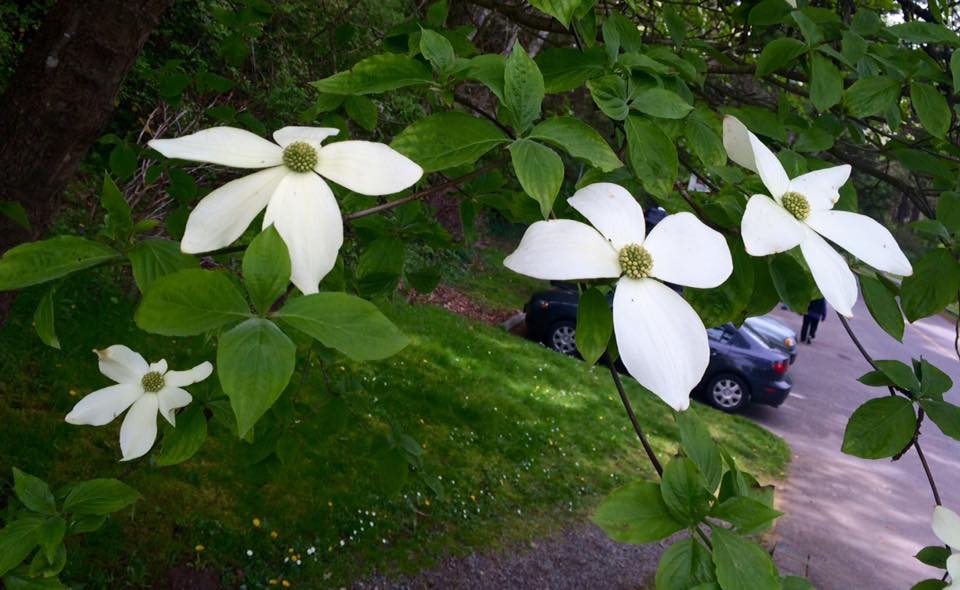On February 8, 2019 I was lucky to be among about 30 colleagues in the work to end homelessness in Greater Victoria who spend the day with Brian Dean Williams learning about the brain, mindfulness, our selves, and how to best support each other. This was the second of a 2-day training Brian delivered in the community as part of the local CAEH Training series sponsored by the Government of Canada and coordinated by the CRD and the Coalition, with the assistance of a community steering committee.
As someone who has experience work-related burnout before, and who used mindfulness in my long recovery, I was excited to learn more. I’ve also, over the past few years, become wary of the terms “burnout” and “self-care,” as it seems they have become commodified, Instagram-able, and somewhat empty words. When Brian talked about moving our focus from “self-care” to “we care,” I knew I had found someone who was speaking to the kind of work that keeps us filled up and moving forward.
Most people who work in the social services sector do so because we genuinely care about other people. The less we feel able to make a real difference for the people we serve, and the less power we feel in our day-to-day jobs, the less satisfaction we feel in the work, and the more we edge towards emotional exhaustion.
When you throw in a big dose of trauma (which CAEH Training 5 Day 1 Trauma Informed Care talking about) – whether vicariously through client’s shared stories, or personally experienced in the course of life and work – it’s a wonder many of us last as long as we do in this sector. What Brian’s reframing of self-care allows is another avenue to satisfaction: taking care of each other as a way to take care of ourselves.
As you click through Brian’s Presentation and watch the video playlist (below), you’ll see there was much much more to the day than I’ve shared here. We shared in both sitting and walking mindfulness meditation. We talked about ways to bring mindfulness into our daily lives to keep from “flipping our lids.” And we got to know each other in the room as compassionate beings who can hear and share each other’s needs in a way that makes a difference.
And that, it seems, may be the ultimate self-care – listening to another in a way that makes a difference for them, and in so doing fulfilling our own need to contribute and co-creating a supportive, human, and humane work environment.
